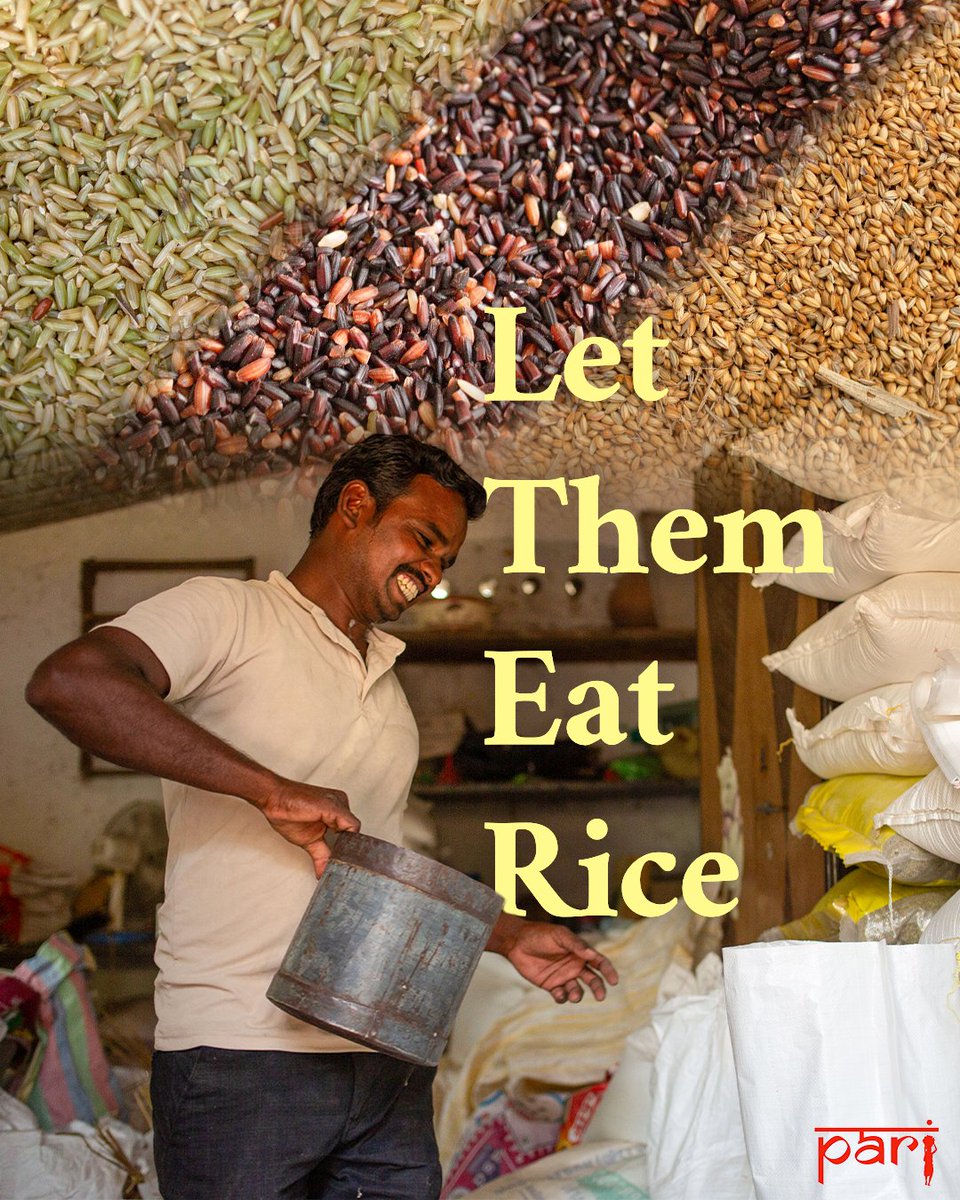#BhagatSingh matured as a political thinker while in #prison, and his prison diary reveals the trajectory of his political evolution. He drafted 4 manuscripts while in jail & several other papers,including Why I Am an Atheist & Letters to Young Political Workers. Some excerpts👇
"The day shall usher in a new era of #liberty when a large no.of men & women,taking courage from the idea of serving humanity& liberating them from sufferings & distress,decide that there is no alternative before them except devoting their lives for this cause[of India’s freedom]
“Instead of developing the ideas and experiments of ancient thinkers, thus providing ourselves with the ideological weapon for the future struggle– we cling to orthodox #religion and in this way reduce human awakening to a stagnant pool.”
He also writes and notes that “Merciless criticism and independent thinking are the two necessary traits of revolutionary thinking.” Read his classic "Why I am an Atheist" essay written in 1930 in our resource library – bit.ly/3bigA8m #inquilab_zindabad
• • •
Missing some Tweet in this thread? You can try to
force a refresh






















